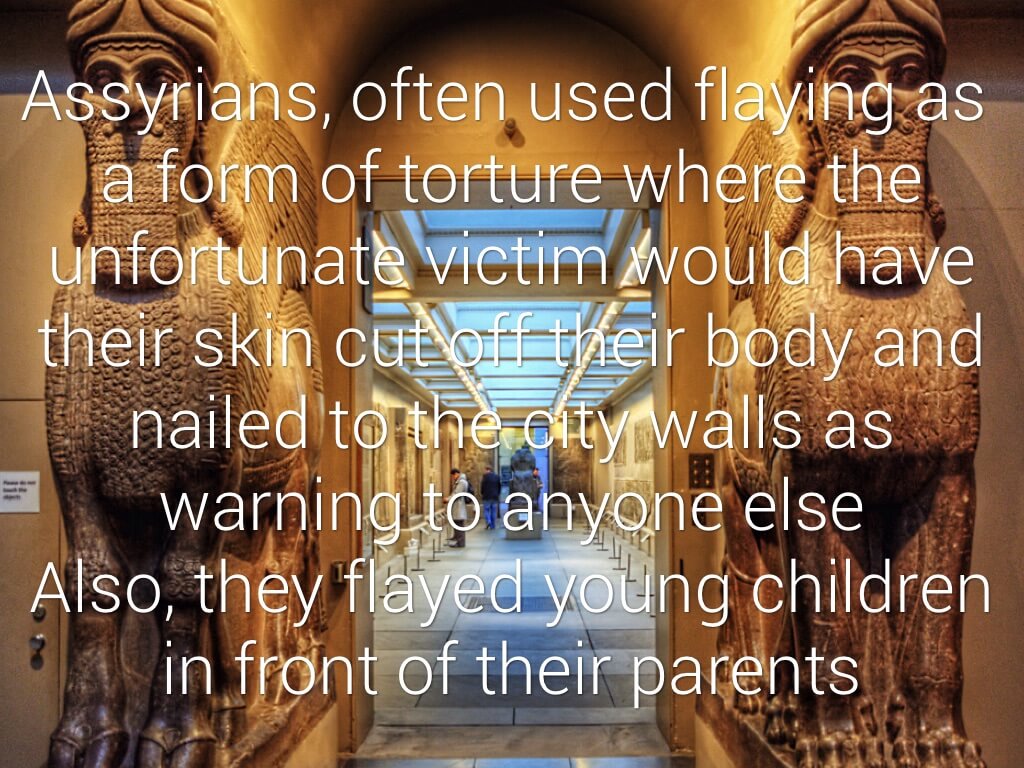Short-Term Mission Trips
Over the last 10 years there has been a lot of discussion on whether short term mission trips are more helpful or harmful. With the increase of young people going on mission trips all over the world at an accelerated rate, the results are a tension of great, terrible and all of the above. Charity not done well can be really harmful to people. No charity at all can equally be harmful. Many blog posts that have gone over what to do and what not do and the why of short term teams. This isn’t that post. I want to go back to the Bible. Because the Bible was filled with short term missionaries – Jesus and Paul among them. So let’s put on our Bible glasses to see if Scripture can shed any light.
Short-Term Missions in Scripture
Who were the short-term “missionaries” of the Bible? Most all the apostles and evangelist of the New Testament were short-termers, but what about the Old Testament? When we think of those sent by God away from their homes to a foreign land for His purposes (not as punishment during captivity) we think of Abraham, Moses, the Israelites, and Jonah. Abraham, Moses and the Israelites as a nation we could almost deem as long-term bearers of God’s light. Abraham was first to go to the land of Israel to live, then Moses to return back to Israel. And Israel was meant to be a light to the people. But Israel in essence was to be a nation that was a light to the world. So while “missionaries” in a sense, their purpose was to conquer a land, dwell in and establish a tabernacle of God’s dwelling Presence in their hearts and land.
Jonah on the other hand was clearly a short-term missionary. He was given one mission-preach the gospel to the Assyrians of Nineveh. What a terrible assignment (read more here). The Assyrians were the most blood thirsty men and women of all of history. They were marked by their cruelty and torture to their subdued peoples. Hezekiah’s faith in God to stand up to them makes the movie Braveheart like child’s play (though I still love that movie). But Jonah went, a second time, and preached God’s judgment wanting badly for it to happen. Well they repented. And Jonah was ticked.
But at least we have one of our first pictures of a major Bible character being sent by God on a short mission. In reality the majority of short-term missionaries were clearly in the New Testament. So let’s look at them.
The bridge and the hinge of the covenants is clearly Jesus. If ever there were a short-term missionary, he was it. He went from town to town and village to village. His mission was pretty simple. He healed the sick, delivered the demon possessed, taught in their synagogues and preached the kingdom. This is a recurring refrain in the gospels. And pretty much most of the gospel we read him doing just this.
But lest we think he was the only missionary, we get a glimpse of some others. Except this was missions gone bad. The Pharisees in particular were to be the people of God, the religious leaders. But their “gospel” was more rules than life. And they were legit missionaries taking their “gospel” to the nations. Jesus alludes to their missionary activities in scathing words:
“Woe to you, teachers of the law and Pharisees, you hypocrites! You travel over land and sea to win a single convert, and when he becomes one, you make him twice as much a son of hell as you are,” (Mt 23:15).
Talk about missions gone bad. Even Jesus dealt with it. Before we comment, let’s continue on to perhaps one of the most famous missionaries–Paul. Well, actually, let’s take a brief pause and remember those who were scattered during the persecution. They too went far and wide preaching the gospel.
“Those who had been scattered preaching the word wherever they went” (Acts 8:4).
Back to Paul. Paul the Apostle never stayed in any location more than three years. It’s interesting this is the case because “true missionaries” in contemporary culture are those who stay 25+ years. Perhaps Paul knew that staying too long could hinder maturity and ownership. That’s a discussion for another day. But Paul went away from his homeland and all over the Mediterranean basin healing the sick, delivering the demon possessed, teaching in their synagogues and preaching the kingdom. Not only him but he always took a traveling companion with him–Barnabas, Luke, John Mark, Timothy among the more notable ones. Sometimes these trips were inspired by the Holy Spirit through corporate prayer and fasting (Acts 13:1-3) and others were inspired by the pure need to go (Acts 15:36). Our point here is that they would stay anywhere from 3 weeks and on occasion up to 3 years on a location in their short-term work.
Gleanings from Short-Term Missions in Scripture
So what can we glean from the lives of the short-term missionaries of Scripture? I think a lot. Not just by what they did do but also what they didn’t do.
First of all did you notice that all the short-terms were gospel focused? The preaching of the kingdom in power and word and deed were at the thrust of their mission. They came to give what others didn’t have access to–Jesus. Whether it was Jonah preaching a gospel of grace if they would receive it (although he hoped they didn’t), or the apostles teaching in the synagogues in Galatia to a fledgling group of beginning believers, the preaching of the gospel was the focus of their trip.
Secondly they demonstrated the power of God through healing and deliverance. People will do anything to get healed (as we remember the woman who spent all she had to get her bleeding under control). And when at a total loss people will do anything to get deliverance (perhaps there are more demonization cases than we realize). When the disciples came in theh power of God, the evangelists were stampeded.
Third they gave understanding. Using the Scriptures they taught the people. Some received and some didn’t. People in Ephesus were so hungry Paul stayed for a significant amount of time.
Suffice it to say the interest in the gospel and the power of God made synagogue rulers extremely jealous. Nothing has changed. When people flock to the new kid in town jealousy srikes even the faithful. Also there were some people who thought the apostles and evangelists to be evil heretics. Understandably. It’s not easy to grasp God in human form and someone raising from the dead. It takes God drawing and man responding.
Today’s Short-Term Trips
So how does this all relate to modern day short-term mission trips? I don’t want to sound cynical or critical on this issue because that’s not my intent. But when I hear teams go they talk about going to “love on the people” or “care for the orphans,” some are just going and they don’t even really know their purpose. So they arrive and the local hosts try to figure out something for them to do – paint a wall, build a fence, pick up trash or do whatever. Not that any of these things are bad, but what if our short-term teams returned to model more like our heroes of the faith–Peter and Paul? What if our teams became even more gospel driven than before?
Loren Cunningham, founder of the largest missionary group in the world called YWAM has said that short-term teams are for the harvest. Could a truer statement be said? When you are a farmer, it takes a lot of skill to plant, tend and grow your produce. But when it’s harvest time comes, there is some skill but it’s all hands on deck. A ripe harvest doesn’t last long and farmers will often work from four am to midnight every day of the week until the harvest comes in. Help is greatly appreciated during this season.
What if we sent our teams more to harvest areas? One thing about foreigners is that by their very presence, they attract interest. People will flock to foreigners to hear what they say, just as much out of curiosity as anything. The door of their hearts are often more open to outsiders than locals. It’s a great time to preach the gospel. And getting the people connected to the church. What church doesn’t want to see growth?
Short-term teams are also great ministering to crisis situations. Just like Jesus did when he came across those in dire need. When I think crisis I think genuine crisis. Most recently that has been the Syrian refugees. Short-terms teams have been indispensible as they have handed out warm blankets, sweaters and food. They swam in the ocean as lifeguards in order to rescue drowning children in the waters. And even then it wasn’t enough. But for the short-terms that were there, they made a difference. Their presence mattered. And many lived because short-termers went.
Another great gift short-term teams can bring is training. Training in healthcare, training in Scripture, training in so much more. By training people where they are not trained, you leave a gift that they can continue to pass on to others. Ask what they need. Train the trainers. This is Paul’s ministry 101.
Conclusion
So can missions be done poorly? Of course. The Pharisees did that in Jesus’ time and not much has changed since. Like I said at the beginning, I’m not about trying to tell you the good, the bad, what to do and what not to do. But like Jesus, Paul and the many others in Scripture, maybe we would do well to redirect our teams to look like the short-term teams of Scripture. They preached the gospel, brought healing to the sick, deliverance from demons and taught where there wasn’t teaching. When this happens, I think there can be rich blessings for both.






